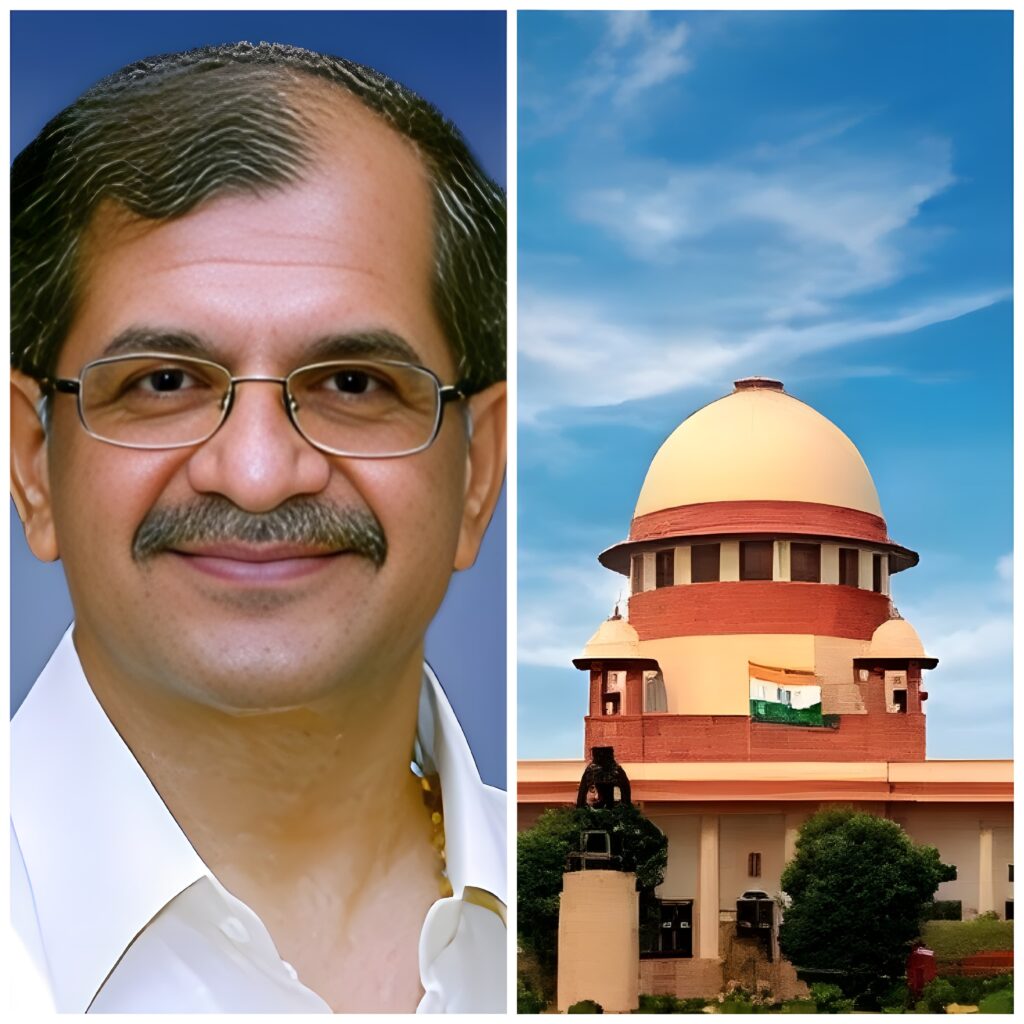
The order was issued in a civil suit filed by Sri Harshendra Kumar D. | Image Credit: Darmasthala official website and Getlegal India
Victory for Media: SC refuses gag order in Dharmasthala mass burial case
New Delhi
The Supreme Court on Friday declined to impose a media gag on the coverage of the alleged Dharmasthala mass burial case, stating that such restrictions amount to “super injunctions” and are not consistent with the principles of free speech in a democratic society.
A bench comprising Justices Rajesh Bindal and Manmohan directed the trial court in Karnataka to reconsider the plea for an injunction afresh, independent of any prior observations made by higher courts.
“We live in a free country. Gag orders are super injunctions. They stifle free speech,” the bench observed, rejecting a plea filed by Harshendra Kumar D, secretary of the Dharmasthala temple institutions. The petition had sought to restrain the publication of allegedly defamatory content across media platforms.
The Supreme Court made it clear that gag orders should be granted only in the “rarest of rare” circumstances. It noted that even a statement by a sanitation worker, who is central to the case, would become unreportable under a super injunction, thus affecting the public’s right to know.
Senior advocate Mukul Rohatgi, representing the temple administration, urged the court to impose at least a limited injunction, citing the circulation of defamatory memes and internet posts by social media channels and news outlets.
“If a judge is shown to be accepting money, what will happen to the institution?” Rohatgi argued, warning of the reputational damage caused by unchecked content. In response, the bench acknowledged the concern but dismissed the need for a gag order, stating, “These are all memes. We can ask them to pull it down. There must be some limit to it.”
The court also refused to entertain the argument that previous media outlets had unfairly benefitted from a now-quashed civil court gag order. “Let the trial court apply its mind independently and decide,” the bench said, instructing that the application for injunction be resolved within two weeks from the next hearing.
Importantly, the Supreme Court clarified that the Karnataka High Court’s observations from August 1 should not influence the trial court’s fresh evaluation.
The plea before the apex court stemmed from a Karnataka High Court order that had set aside a media gag imposed by a Bengaluru civil court. The lower court had restrained YouTube channel Kudla Rampage and other outlets from reporting on the alleged mass burial case involving the Dharmasthala Manjunathaswamy Temple.
The controversy began when a former sanitation worker at the temple filed a police complaint alleging that he was forced to bury numerous bodies, including those of women, over a span of nearly two decades. His complaint sparked widespread media attention and a public outcry.
Following this, Sujatha, a woman from Karnataka, filed an FIR on July 15 alleging that her daughter, Ananya Bhat, had gone missing from Dharmasthala in 2003. The allegations prompted the Karnataka government to form a Special Investigation Team (SIT) on July 19 to probe the case.
The civil suit filed by Harshendra Kumar D also demanded the removal of thousands of media links related to the case from platforms such as YouTube, Facebook, Instagram, and several news websites. The legal battle over media coverage continues as the matter returns to the Karnataka trial court.
